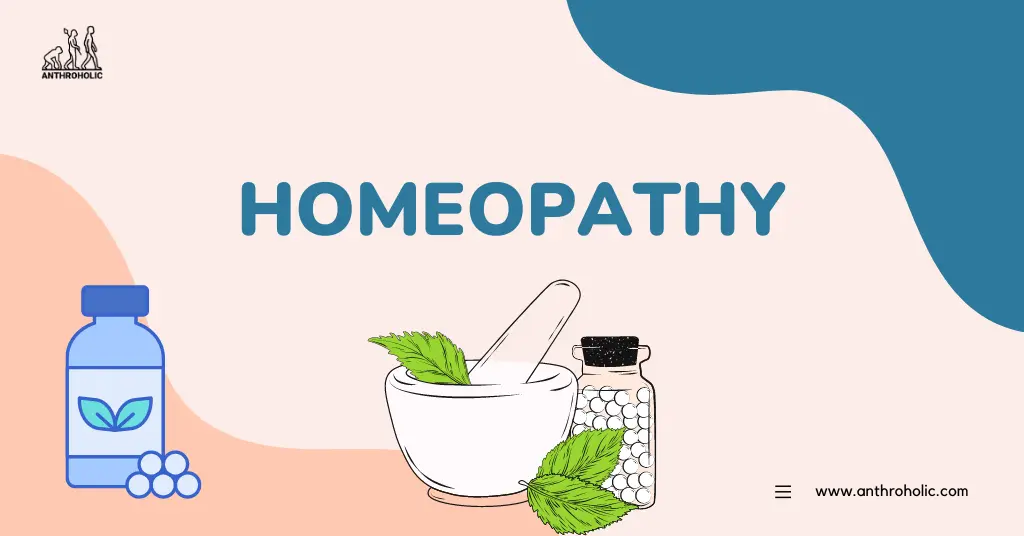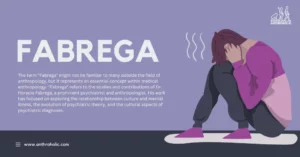AI Answer Evaluation Platform Live Now. Try Free Answer Evaluation Now
Homeopathy
Homeopathy is a complementary and alternative medicine (CAM) system that is based on the principle that “like cures like.” This system, founded by Samuel Hahnemann in the late 18th century, posits that a substance that can cause symptoms in a healthy person can cure similar symptoms in a sick person. By diluting these substances and succussing (shaking vigorously), homeopathy aims to treat a wide range of illnesses.

Historical Background
Origin and Development
Homeopathy emerged in Germany, conceived by Samuel Hahnemann in 1796. His disillusionment with the harsh medical practices of his time led him to formulate a milder, individualized approach.
Philosophical Underpinnings
Hahnemann’s principles were guided by the ideas of vitalism, a belief that life is governed by a vital force or energy. It was a significant philosophical departure from conventional medicine of his era.
Cultural Perspectives
Western Societies
In the West, homeopathy has faced opposition from mainstream medicine, but it has also attracted a substantial following among those seeking alternatives to conventional treatments.
Eastern and Indigenous Cultures
In some Eastern and Indigenous cultures, homeopathy has been integrated with traditional healing practices. It has found resonance with holistic views of health and well-being.
Scientific Examination
Clinical Evidence
The efficacy of homeopathy has been a subject of extensive debate. Many studies have been unable to demonstrate a significant effect beyond placebo [1].
Mechanisms of Action
The extreme dilutions used in homeopathy, often beyond Avogadro’s number, have led to skepticism about how the remedies could retain any therapeutic effect.
Table 1: Summary of Major Studies on Homeopathic Efficacy
| Study | Conclusion | Comments |
|---|---|---|
| Shang et al. | Found no strong evidence of efficacy | Meta-analysis [2] |
| Ernst et al. | Inconclusive results | Systematic review [3] |
| NHMRC | No reliable evidence | Australian review [4] |
Global Spread and Acceptance
Regulation and Recognition
Homeopathy’s legal status and recognition vary worldwide. Some countries, such as Germany and France, offer limited insurance coverage, while others have stringent regulations or even bans.
Public Perception
Public perception varies significantly across cultures and demographics. Some embrace homeopathy as a safe and natural option, while others dismiss it as pseudoscience.
Global Perspectives and Practices
Europe
United Kingdom
- Regulation through the Faculty of Homeopathy.
- Integration with the National Health Service in some areas.
- Controversial public funding debates.
Germany
- Strong historical roots and acceptance.
- Regulation through medical licensing.
- Insurance coverage for certain treatments.
France
- Popular use; many medical doctors also practice homeopathy.
- Controversial governmental stance on reimbursement.
North America
United States
- Growing popularity with increasing demand for alternative therapies.
- Lack of standardized regulation and licensure.
Canada
- Integration into some healthcare practices.
- Varied regulation across provinces.
Asia
India
- One of the largest bases for homeopathic practice globally.
- Recognized and regulated through the Ministry of AYUSH (Ayurveda, Yoga & Naturopathy, Unani, Siddha, Sowa Rigpa and Homoeopathy).
Social and Ethical Considerations
Accessibility and Consumer Choice
- Advantages: Often perceived as more affordable and personalized.
- Disadvantages: Lack of regulation and oversight can lead to potential risks.
Integration with Conventional Medicine
- Collaboration with conventional practitioners can enhance patient care.
- Ethical concerns arise when non-evidence-based practices are blended with scientific medicine.
Conclusion
The anthropological exploration of homeopathy reveals a complex interplay of historical, cultural, scientific, and social factors. While scientific scrutiny often challenges its efficacy, the enduring popularity and global spread of homeopathy highlight its significance in diverse cultural contexts. The ongoing debate invites further investigation, collaboration, and dialogue among various stakeholders in healthcare.
References
[1] Ernst, E. (2002). A systematic review of systematic reviews of homeopathy. British Journal of Clinical Pharmacology, 54(6), 577–582.
[2] Shang, A. et al. (2005). Are the clinical effects of homoeopathy placebo effects? The Lancet, 366(9487), 726–732.
[3] Ernst, E., & Pittler, M. H. (1998). Efficacy of homeopathic arnica: a systematic review of placebo-controlled clinical trials. Archives of Surgery, 133(11), 1187–1190.
[4] National Health and Medical Research Council (NHMRC). (2015). NHMRC Information Paper: Evidence on the effectiveness of homeopathy for treating health conditions. Canberra: NHMRC.




